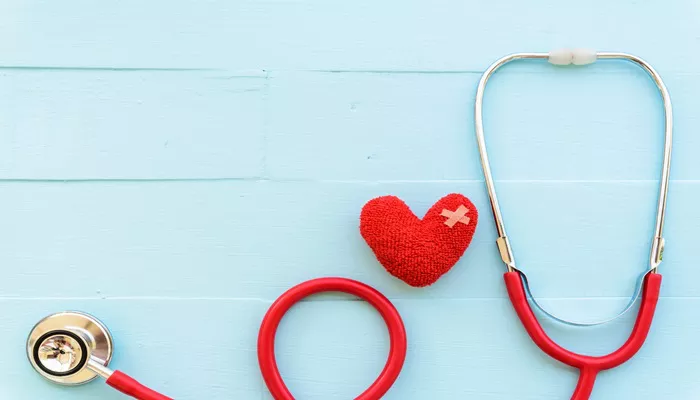The upcoming SpaceX CRS-31 mission is set to deliver over 25 payloads to the International Space Station (ISS). These payloads, sponsored by the ISS National Laboratory, include technology demonstrations, in-space manufacturing projects, student experiments, and several initiatives funded by the U.S. National Science Foundation (NSF). The mission aims to leverage space-based research to improve life on Earth and promote a sustainable economy in low Earth orbit (LEO).
Scheduled for launch on November 4, 2024, at 9:29 p.m. EST from NASA’s Kennedy Space Center, this mission will support a variety of scientific investigations. Here are some highlights of the projects included in this mission.
Advancements in Cardiac Health
Bristol Myers Squibb (BMS) is collaborating with ISS National Lab Commercial Service Provider Redwire Space to expand its work on protein crystallization. This project aims to crystallize model small molecule compounds in microgravity, which can lead to the development of more effective therapeutics. Crystals formed in microgravity are often larger and more ordered than those created on Earth.
Additionally, four NSF-funded projects will launch on this mission, including one from Oregon State University and Texas Tech University that focuses on cardiac health. This experiment will utilize 3D-bioprinted cardiac organoids to investigate heart muscle atrophy caused by microgravity. Understanding this phenomenon could have implications for various conditions that lead to heart muscle deterioration.
Research on Neurodegenerative Diseases
Another significant project involves Sachi Bioworks and Space Tango, which will explore new treatments for neurodegenerative diseases like Alzheimer’s and Parkinson’s. This study will use brain organoids in microgravity to assess the effects of a novel drug designed to combat these conditions.
Innovations in Welding Techniques
The Malta College of Arts, Science, and Technology is set to test a cold welding method with support from Voyager Space.
Cold welding uses pressure instead of heat to bond similar metals. This technique could be vital for safely repairing space equipment and addressing the growing issue of space debris. The research team will remotely apply metal patches to simulated spacecraft hull samples during the experiment.
Student-Led Scientific Experiments
The Student Spaceflight Experiment Program (SSEP) will send 39 student-led experiments as part of its 18th mission to the ISS. SSEP engages students from grades 5-12 and beyond in developing scientific investigations for microgravity. More than 35 communities are involved in this mission, providing hands-on experience for hundreds of students.
Related topics:


